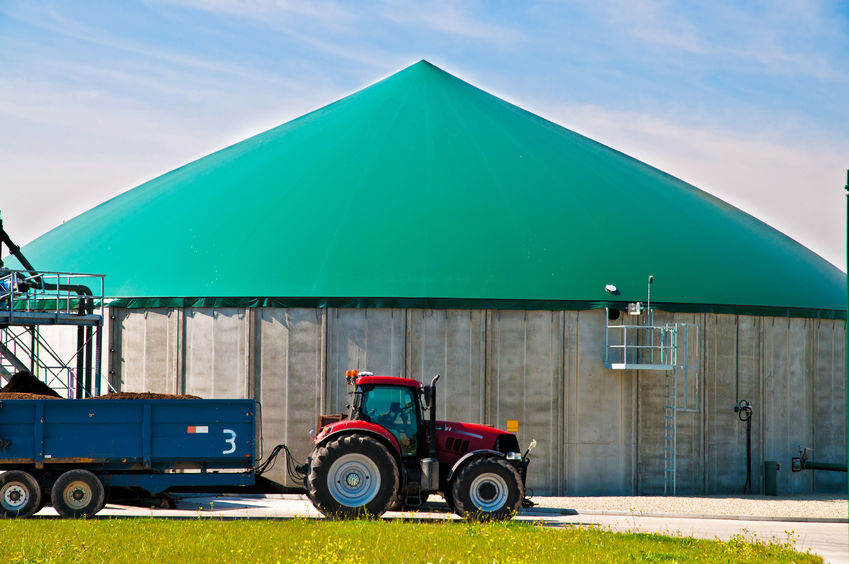
The "tide may be turning" for the UK anaerobic digestion industry following years of declining government support for on-farm energy.
Anaerobic digestion and biogas technologies convert organic wastes and energy crops into renewable heat and power.
The process can provide clean transport fuel, and nutrient-rich biofertiliser, helping to reduce emissions whilst improving energy and food security.
Integrating anaerobic digestion into a farming business to treat farm waste, food waste or purpose grown crops can provide a lucrative additional revenue stream for farmers.
However, the last few years has been very challenging for the industry, which has been operating in an environment of declining government support, with tariffs for renewable electricity and, until very recently, renewable heat steadily falling.
But the "tide may be turning" for industry, according to the Anaerobic Digestion & Bioresources Association (ADBA), who used a speech at the UK AD & World Biogas Expo to describe a shift in fortunes.
Despite significant delays, changes to the Renewable Heat Incentive (RHI) have now finally come into effect, providing the kind of tariff rates for biomethane production that were seen five years ago as well as new tariff guarantees that lock in these rates over a set period.
This is bringing £150-£300m of new investment to build a further 50+ biomethane plants, according to ADBA.
And whilst the current RHI scheme is due to close by 2021, the urgent need for more biomethane is resulting in calls from the Committee on Climate Change for the government to put in place a replacement before the end of this year.
There is also good news on the food waste side of the industry, with the European Union’s Circular Economy Package having come into force last week.
One of the key elements of the package is an obligation for EU Member States to bring in separate collections for biowaste by December 2023.
The UK is expected to adopt these targets in the Resources & Waste Strategy due out later this year.
And finally, according to ADBA, there is considerable investment coming into the anaerobic digestion industry as part of an industry consolidation that involves refinancing and upgrading existing on-farm AD plants to improve their performance.
This is expected to require £300m of opex across the industry per annum by 2020.
